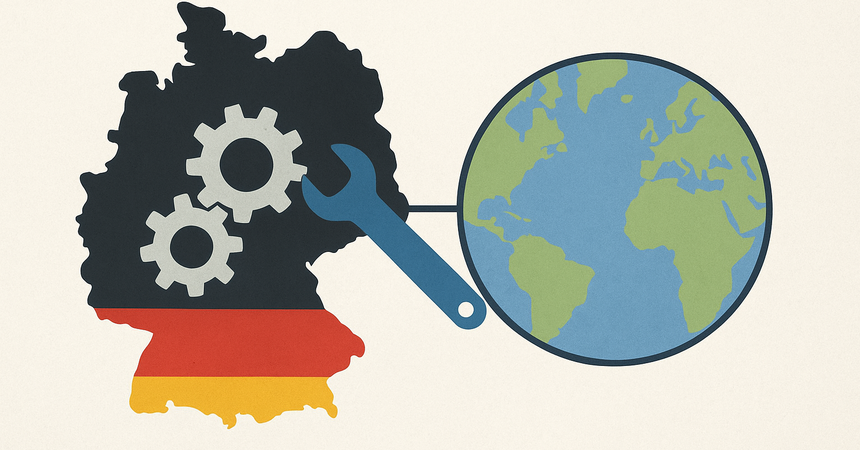German companies are traditionally seen as the benchmark for engineering quality and precision. Their approach to standardization, control, and certification is one of the most systematic in the world. Therefore, when it comes to entering international markets, German standards often become a solid foundation for obtaining foreign certifications such as SASO, INMETRO, G-Mark, Anatel, FCC, or CE.
Experts at WorldWideBridge note that German companies have a unique advantage — most of them already operate within frameworks fully aligned with international requirements.
1. The German Quality System = Readiness for International Assessment
German enterprises typically implement ISO 9001, ISO 14001, ISO 45001, IEC, and DIN standards at the design and production stages. This ensures:- clear process traceability,
- complete equipment documentation,
- transparent quality control procedures.
2. Unification of DIN and ISO Standards
Many international standards are based on German DIN standards, creating natural synchronization between domestic German norms and global regulations.For example:
- DIN EN 60335 = IEC 60335 (household appliance safety),
- DIN EN 60950 = IEC 60950 (electronic equipment),
- DIN ISO 9001 fully matches ISO 9001.
3. Global Recognition of German Laboratories and Institutes
Testing laboratories such as TÜV, DEKRA, VDE, and SGS Germany are recognized worldwide. Their reports are often accepted by international certification bodies without the need for retesting.For instance, when submitting documents for SASO (Saudi Arabia) or INMETRO (Brazil), reports from TÜV or DEKRA can serve as the basis for speeding up certification.
A WorldWideBridge expert comments:
“A German test report is almost a ‘seal of trust’ for regulators around the world. We see that products from Germany pass international audits faster and with minimal corrections.”
4. German Approach to Documentation and Traceability
Regulators such as Anatel (Brazil) or SABER (Saudi Arabia) require a complete technical dossier for products.German manufacturers inherently maintain:
- detailed Technical Files,
- risk assessments,
- user manuals in compliance with ISO/IEC.
5. Advantages of the German Approach in International Projects
- Minimal documentation adaptation — everything already fits the international structure.
- Shorter timelines — certification abroad proceeds 20–30% faster.
- High level of trust — German certificates and test reports often serve as “entry points” for simplified recognition in third countries.
Conclusion
German standards are not only a mark of quality but also a universal tool for accelerating international certification. Companies operating under German norms hold a clear advantage: their processes are transparent, their documentation is complete, and their products are already aligned with global requirements.WorldWideBridge helps German manufacturers efficiently leverage their standards and quality systems when entering international markets. We adapt documentation and arrange certifications such as INMETRO, SASO, G-Mark, FCC, Anatel, and others — turnkey and tailored to each country’s specifics.
